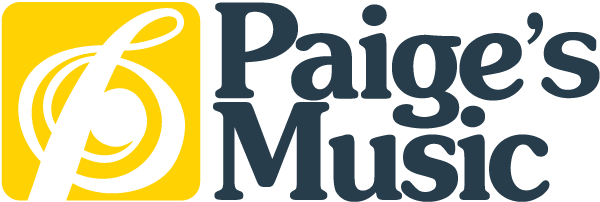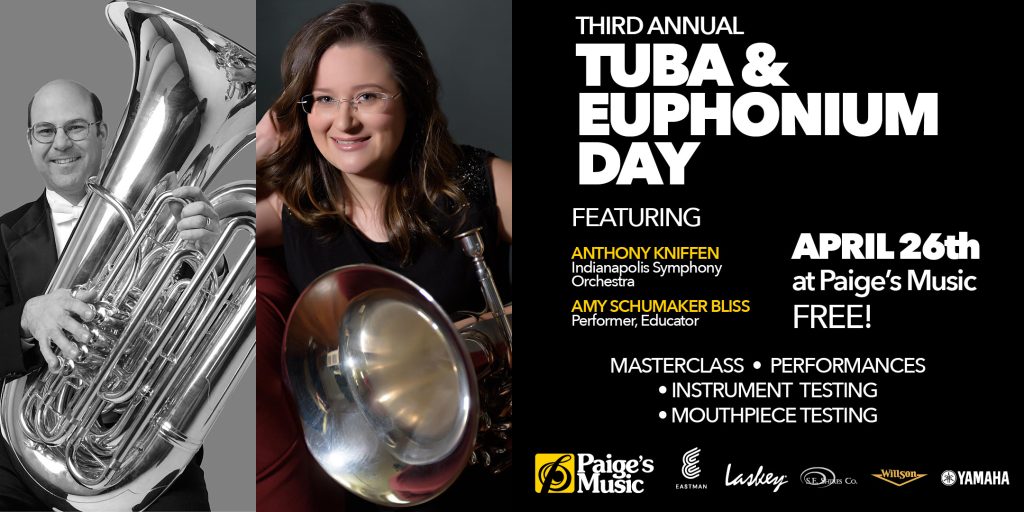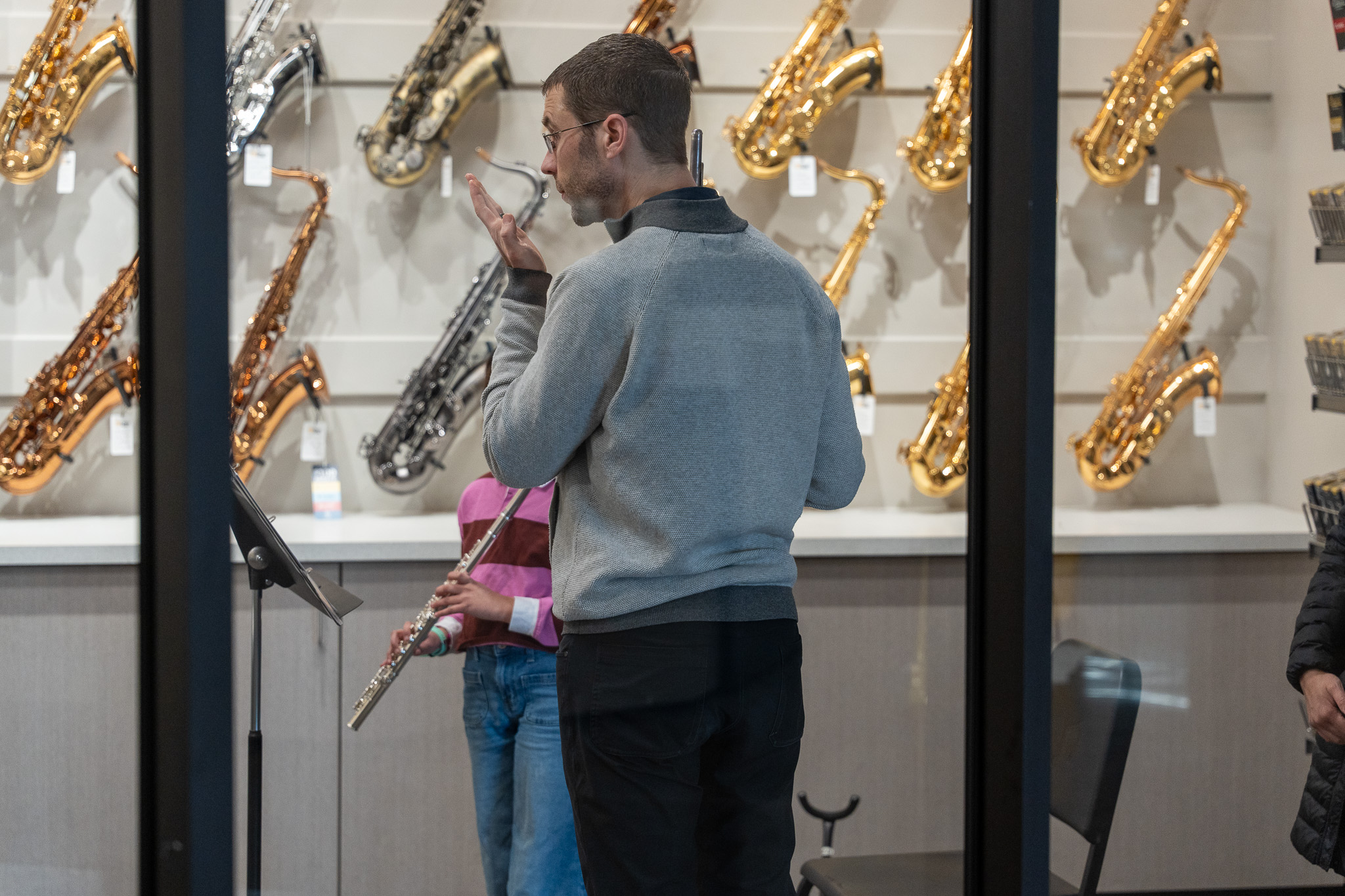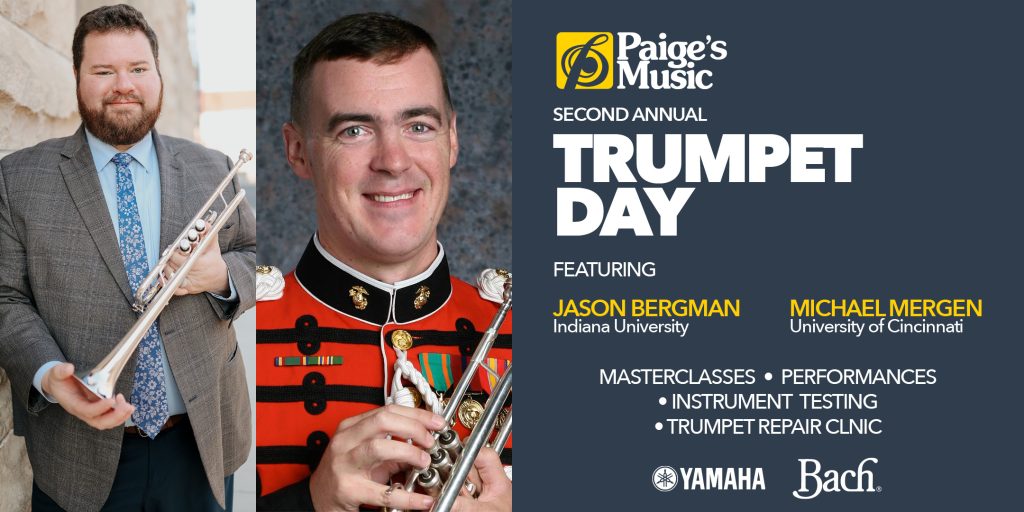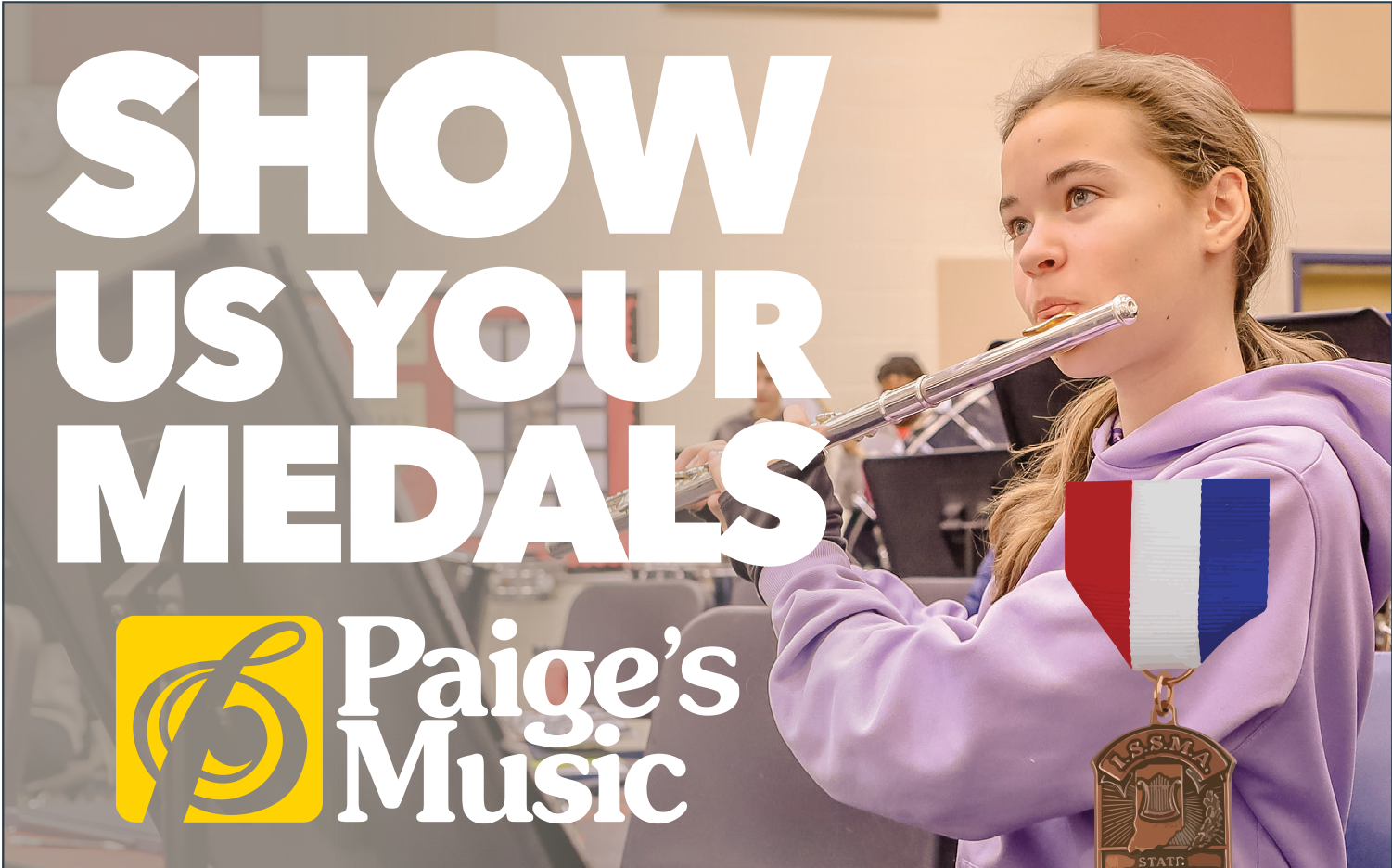Jazz Saxophone Masterclass with Ryan Devlin

Are you passionate about jazz music and eager to enhance your improvisation skills? Look no further! Renowned professional saxophonist Ryan Devlin is hosting an exclusive masterclass at Paige’s Music on July 23rd, from 6:30 to 7:30 p.m. This event promises to be a transformative experience for musicians of all ages and skill levels.
